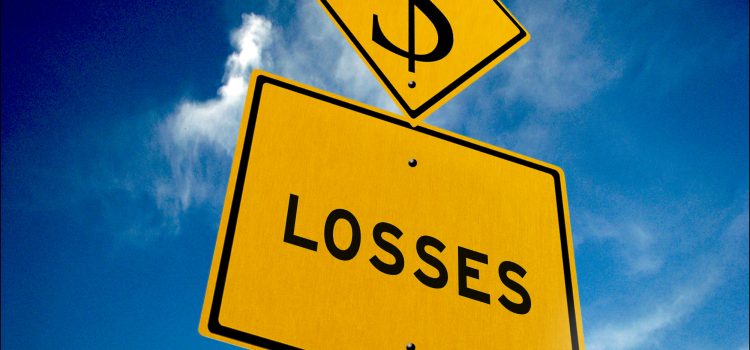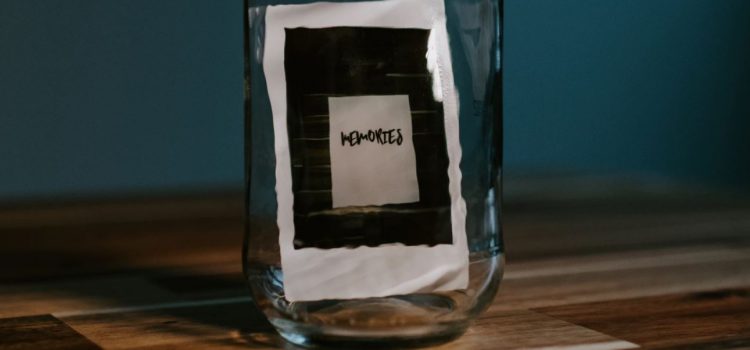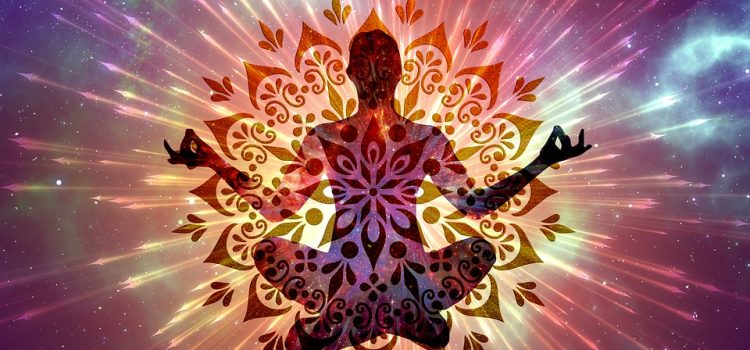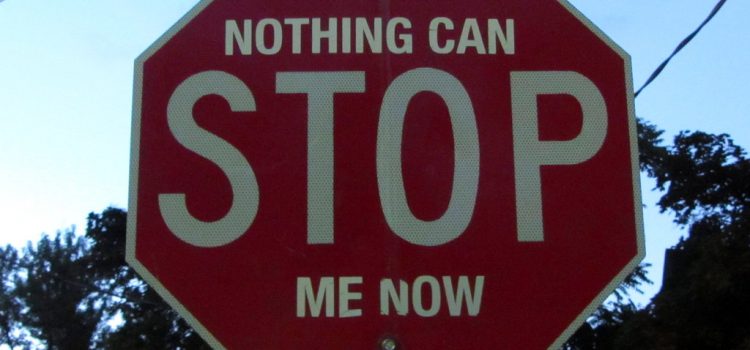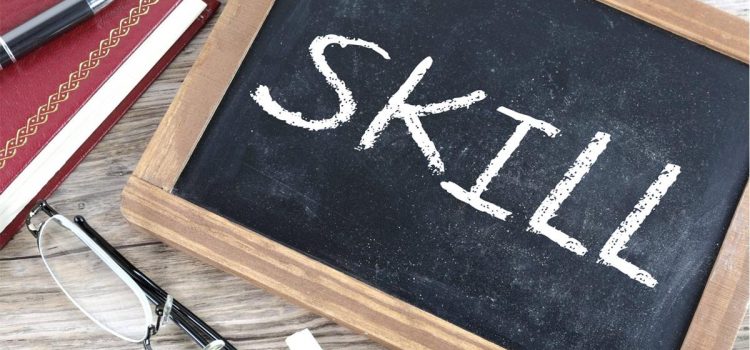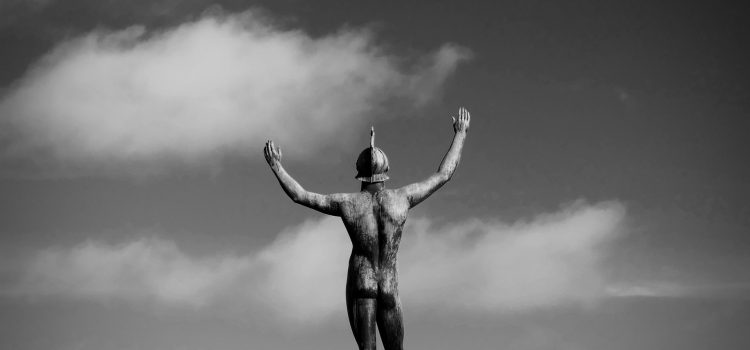What is loss aversion bias? How do you avoid triggering the tendency? The loss aversion bias is the tendency to prefer avoiding losses to acquiring new gains. This bias is triggered by the pain of losing something valuable in the past. You can manage the tendency by calibrating all your losses in true absolute terms, rather than relative terms. Read on to learn more about the loss aversion bias.
Loss Aversion Bias: Explained With Examples
